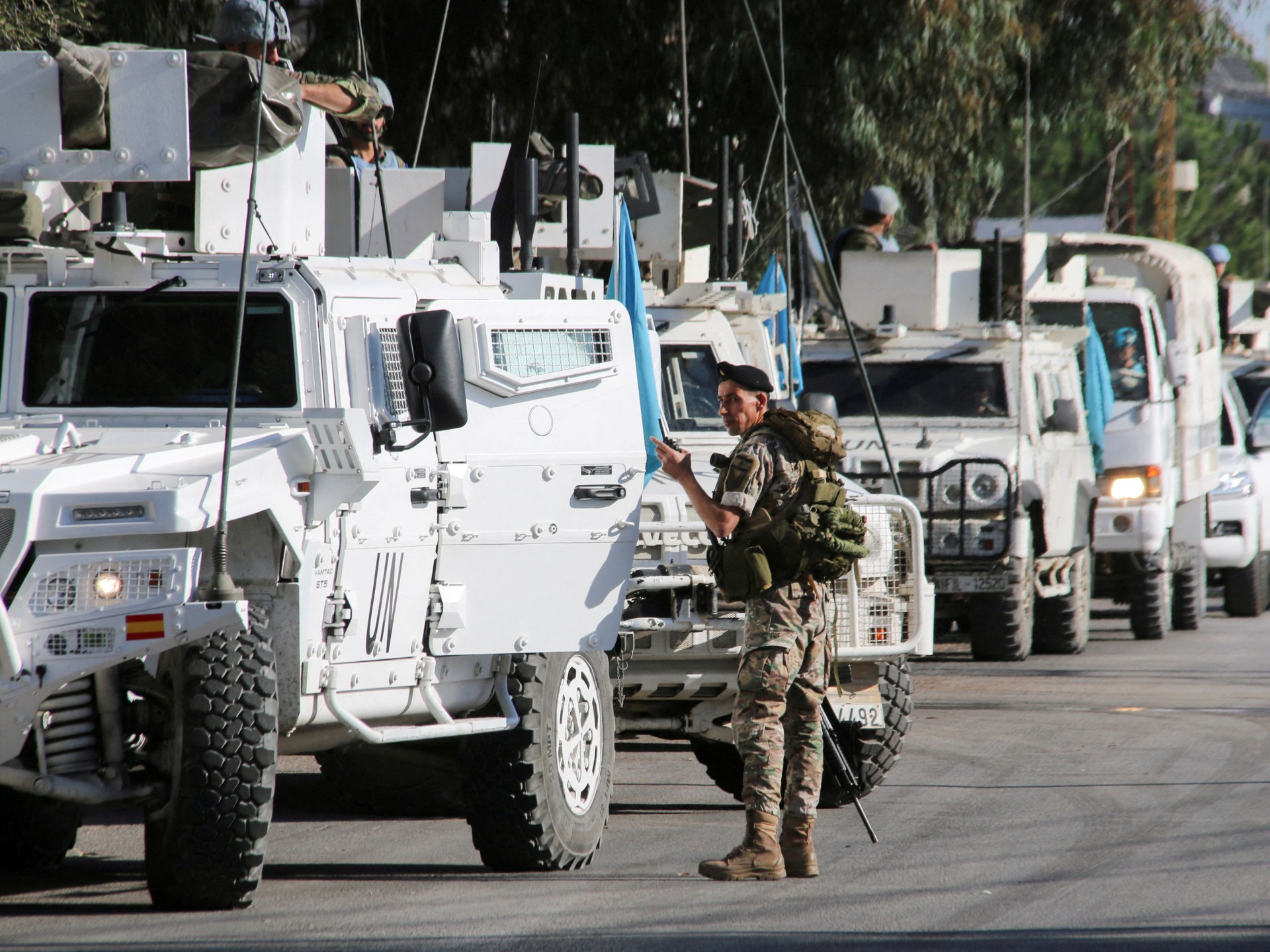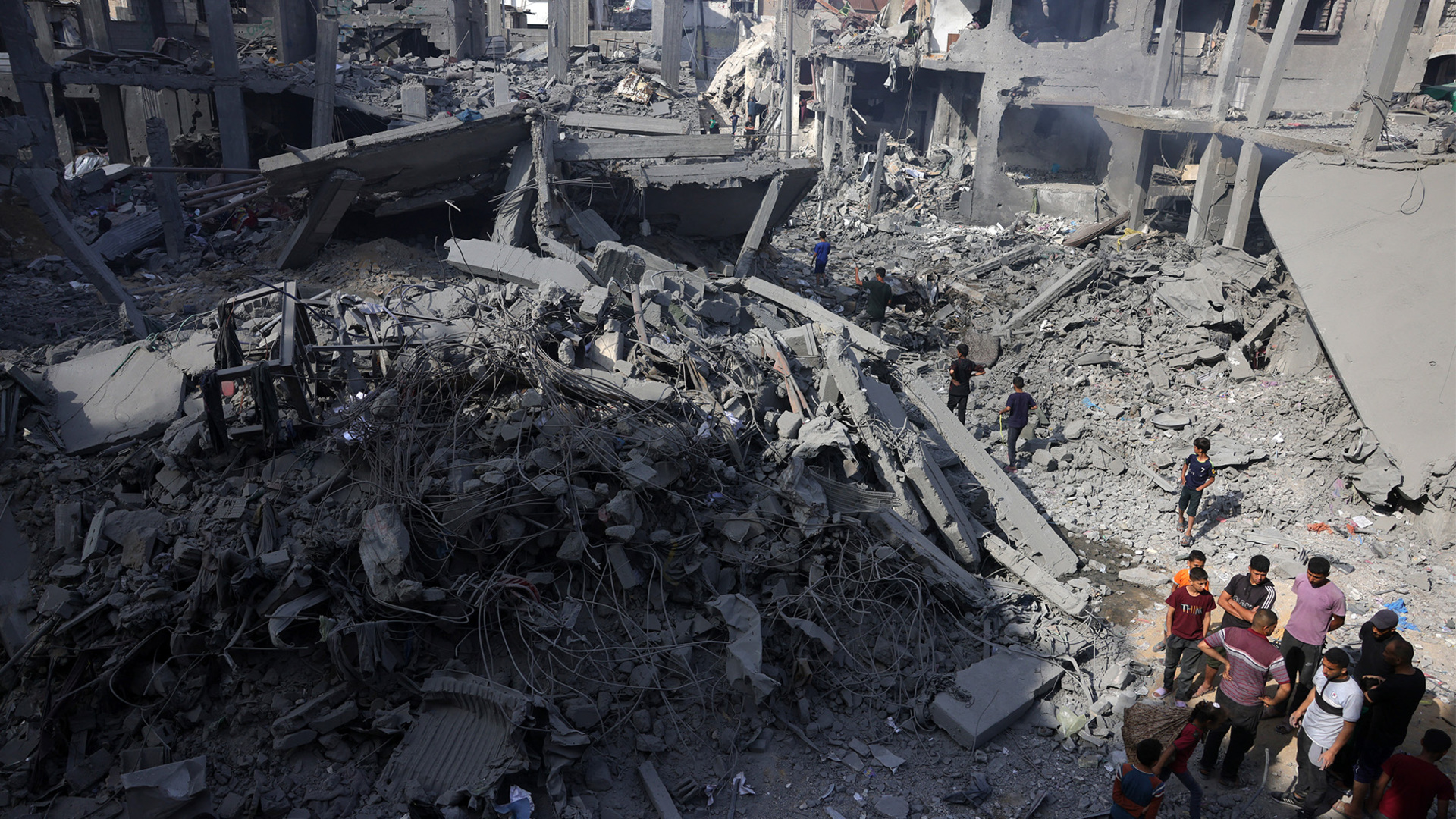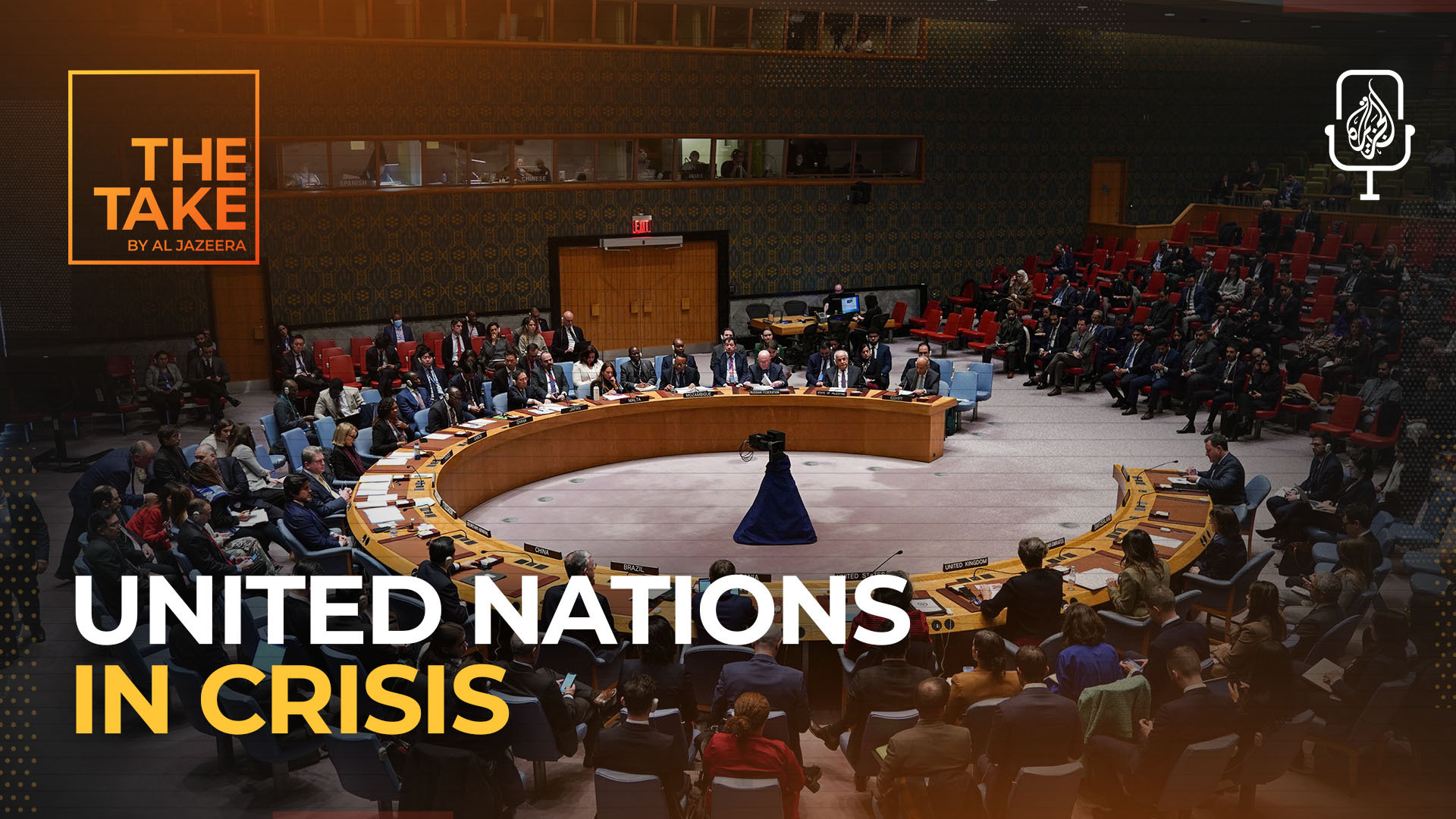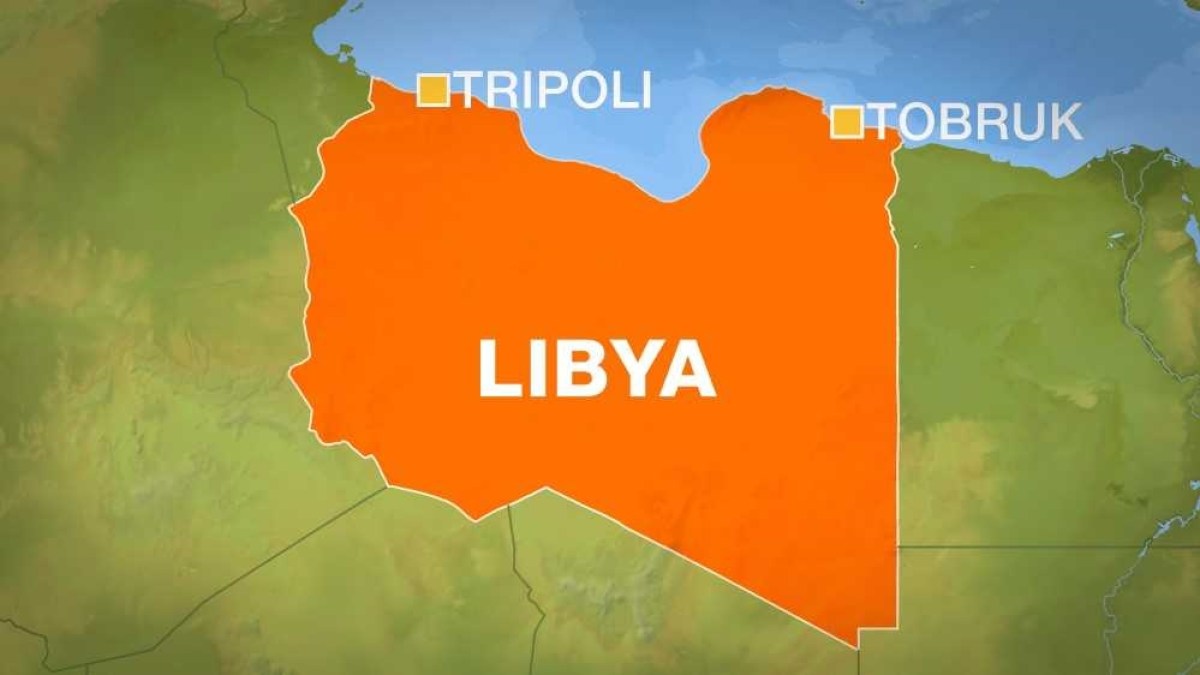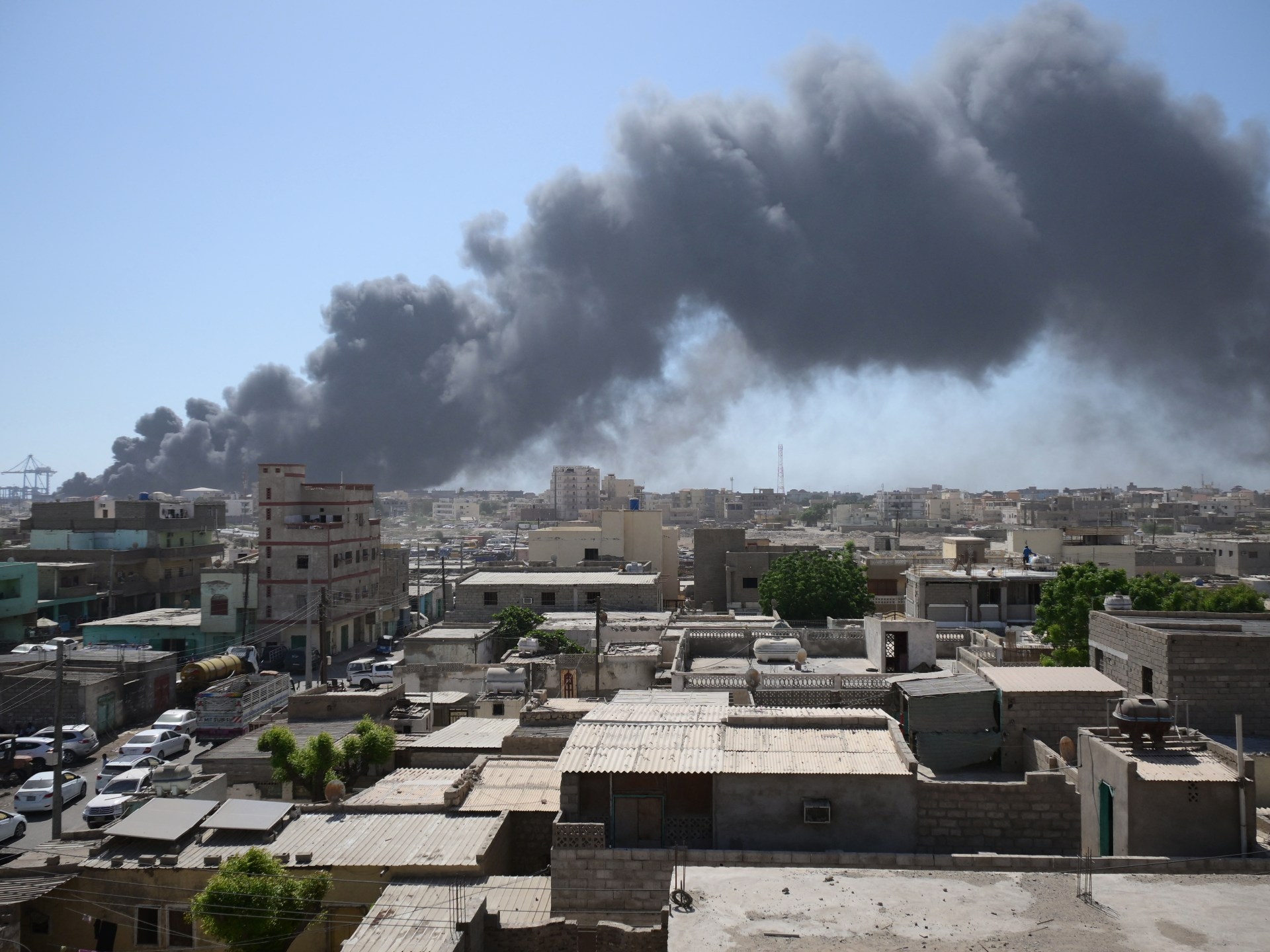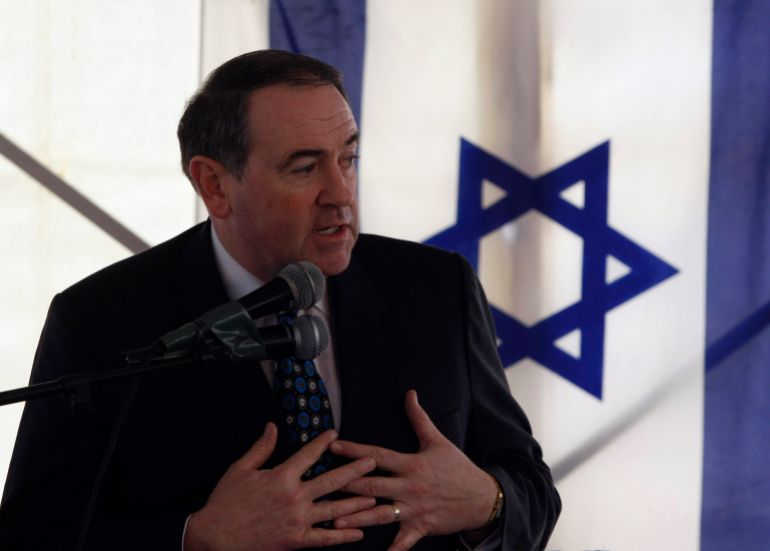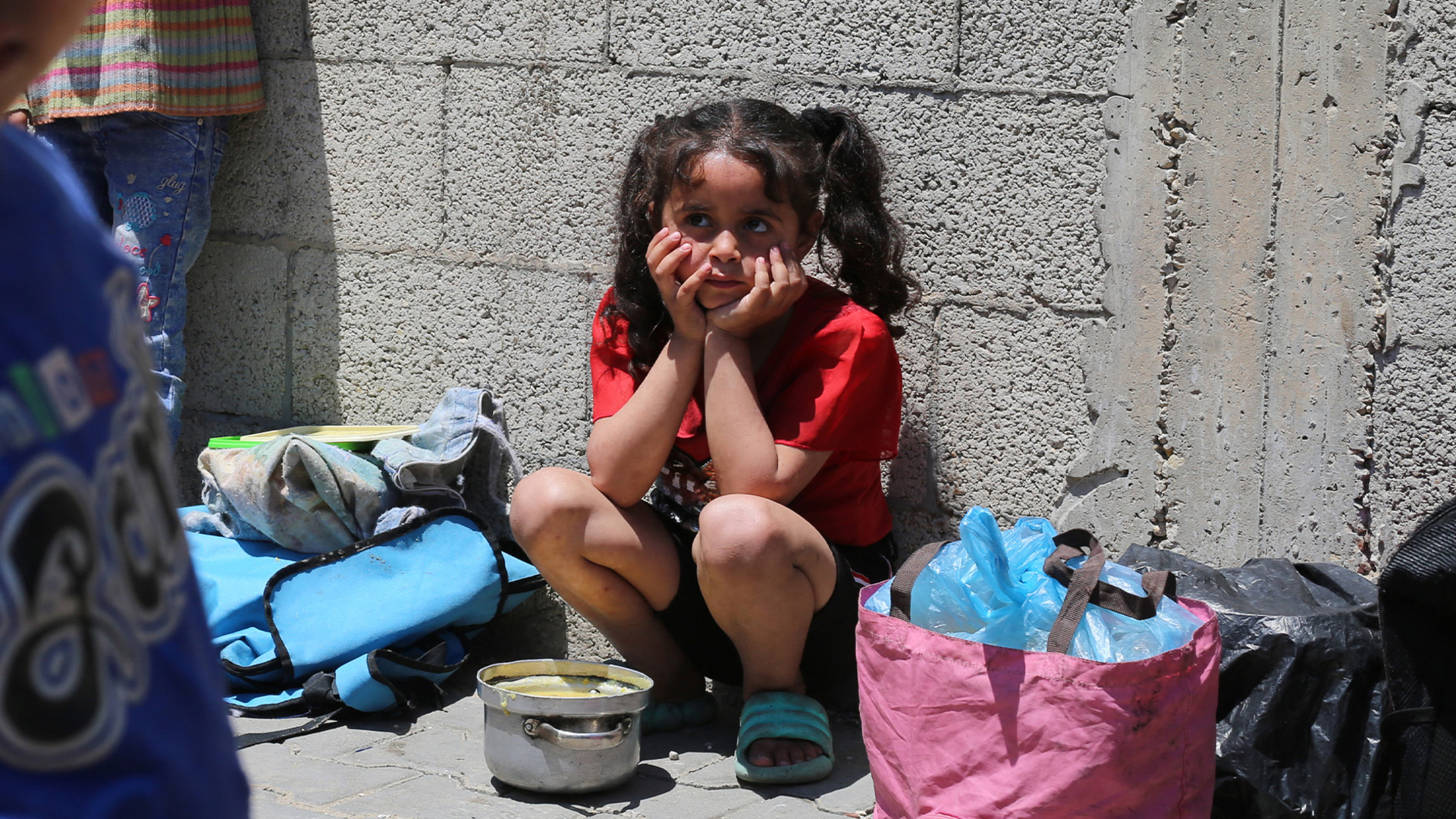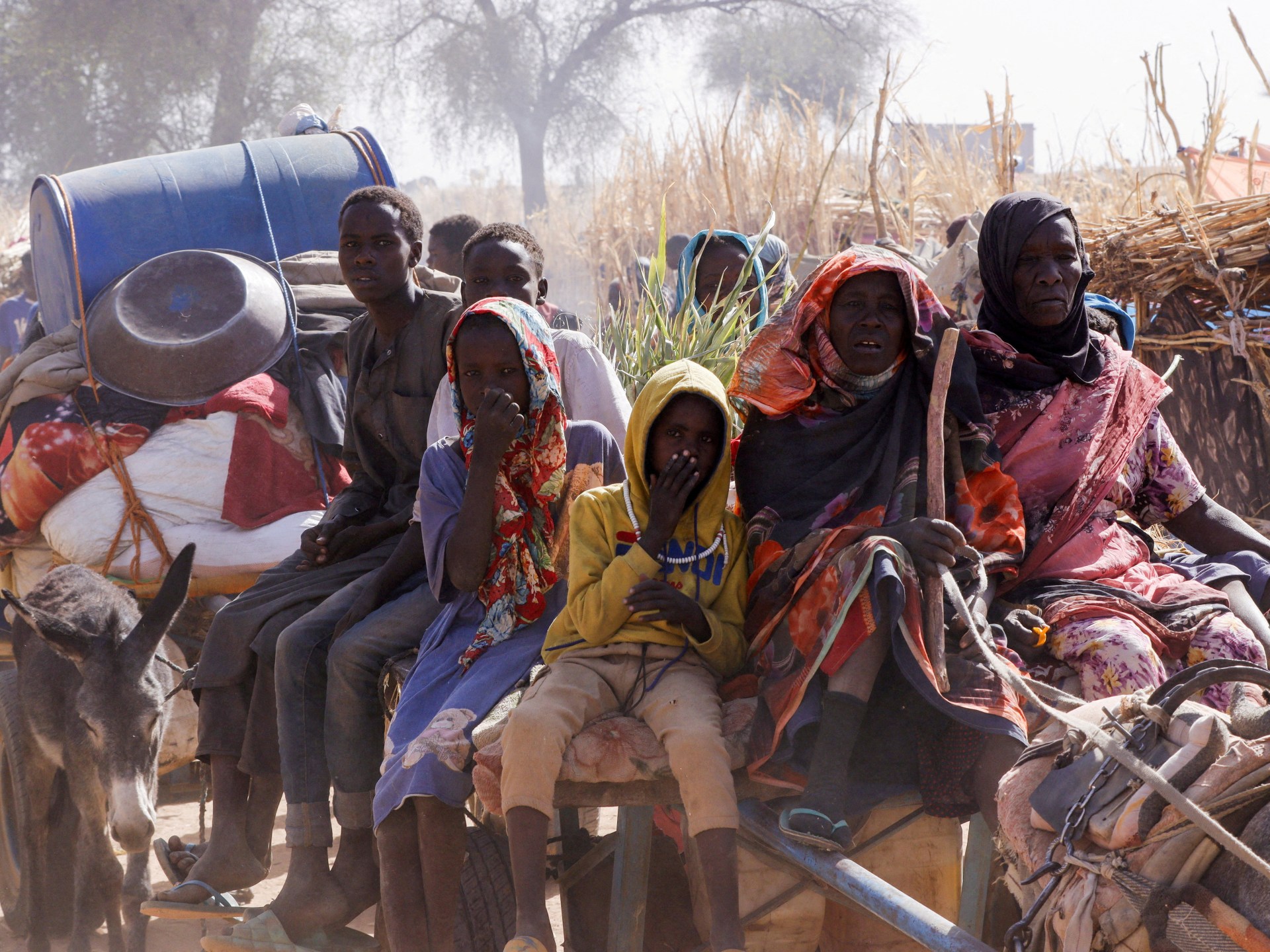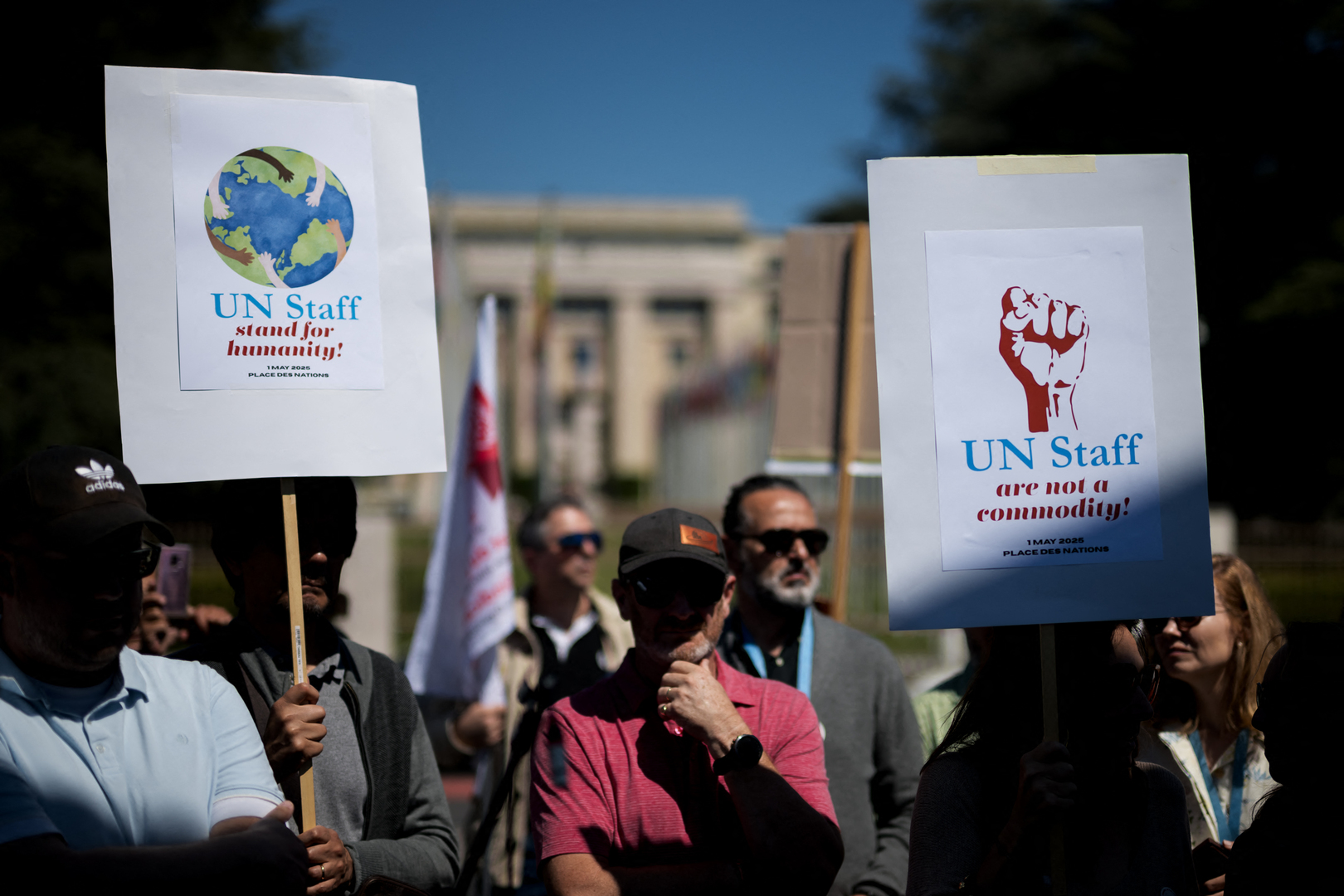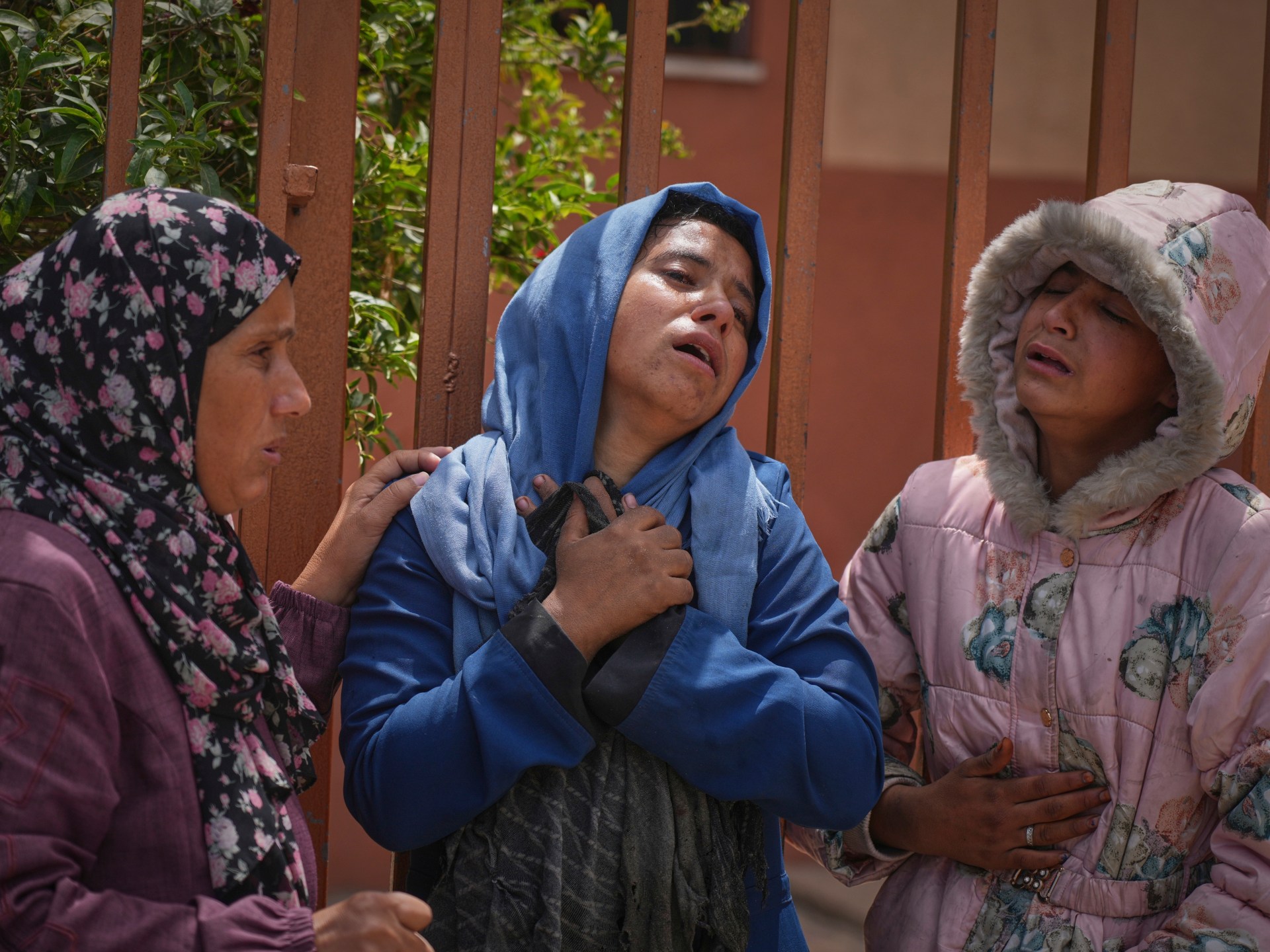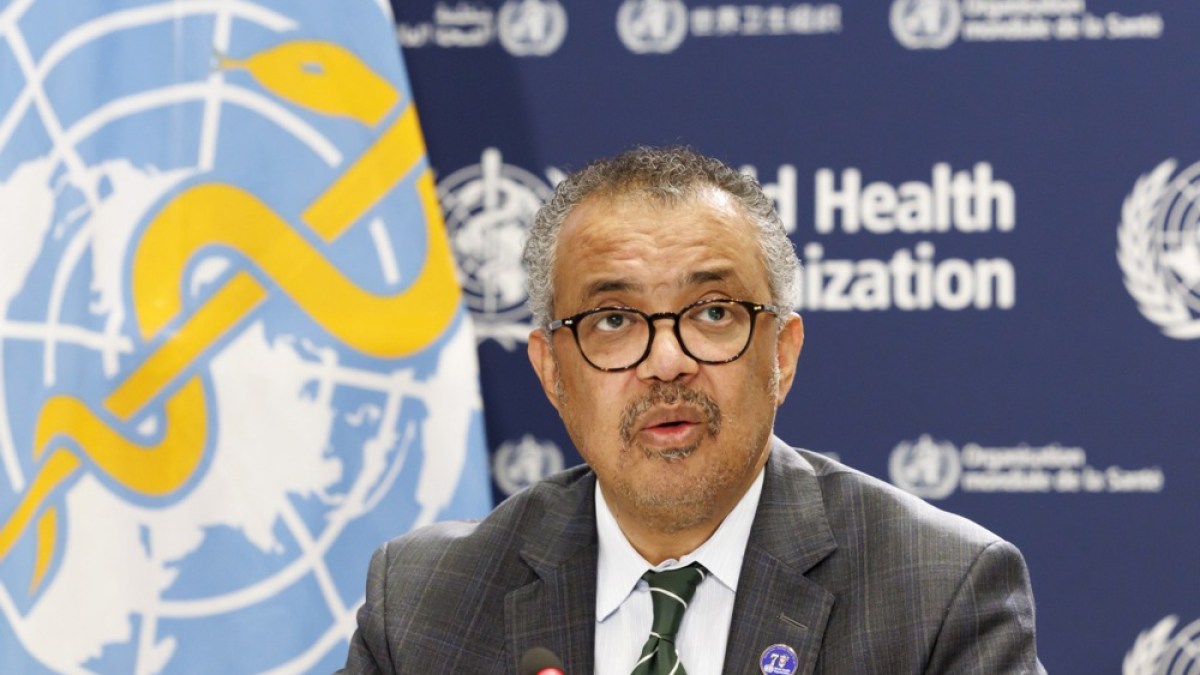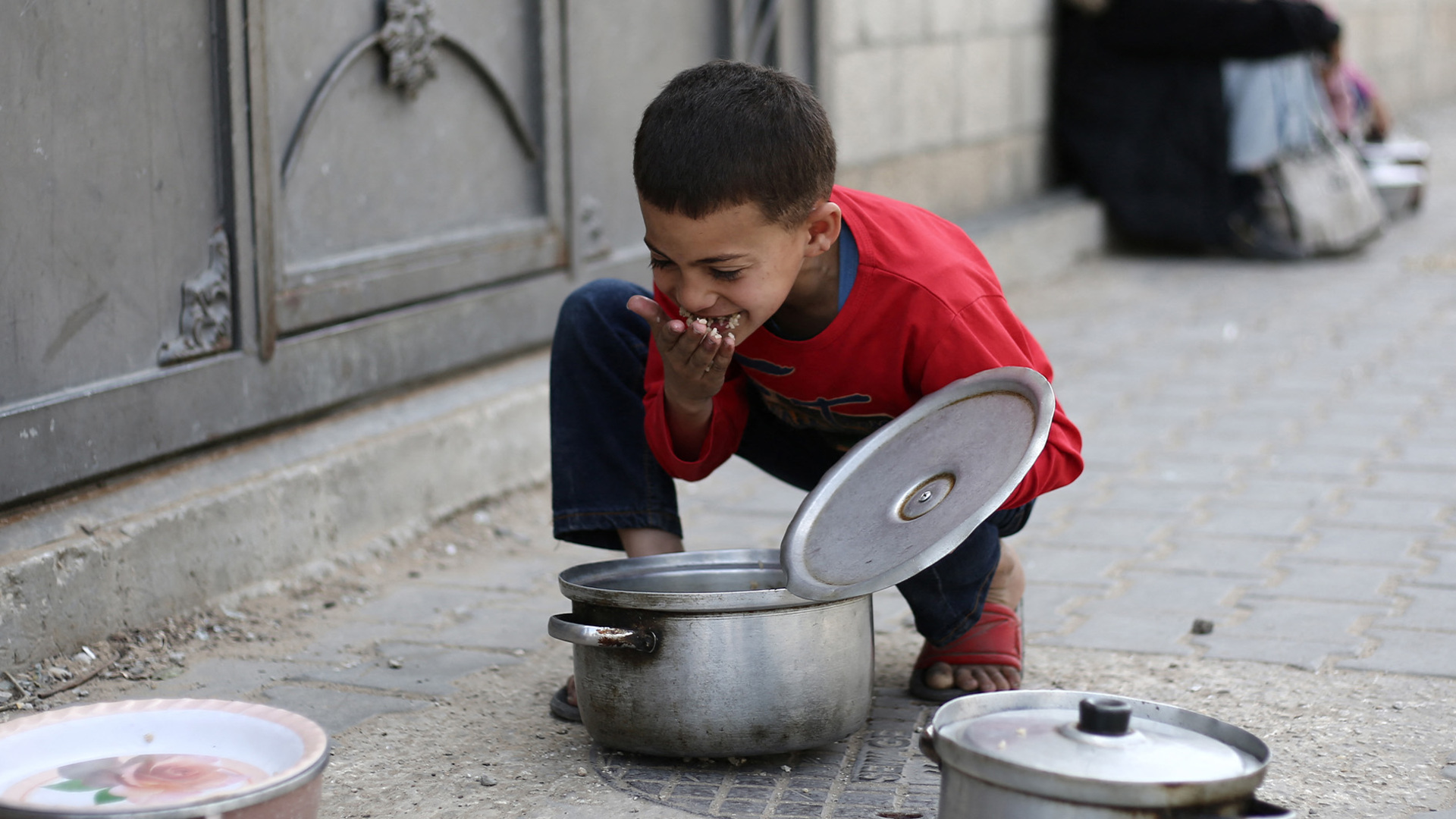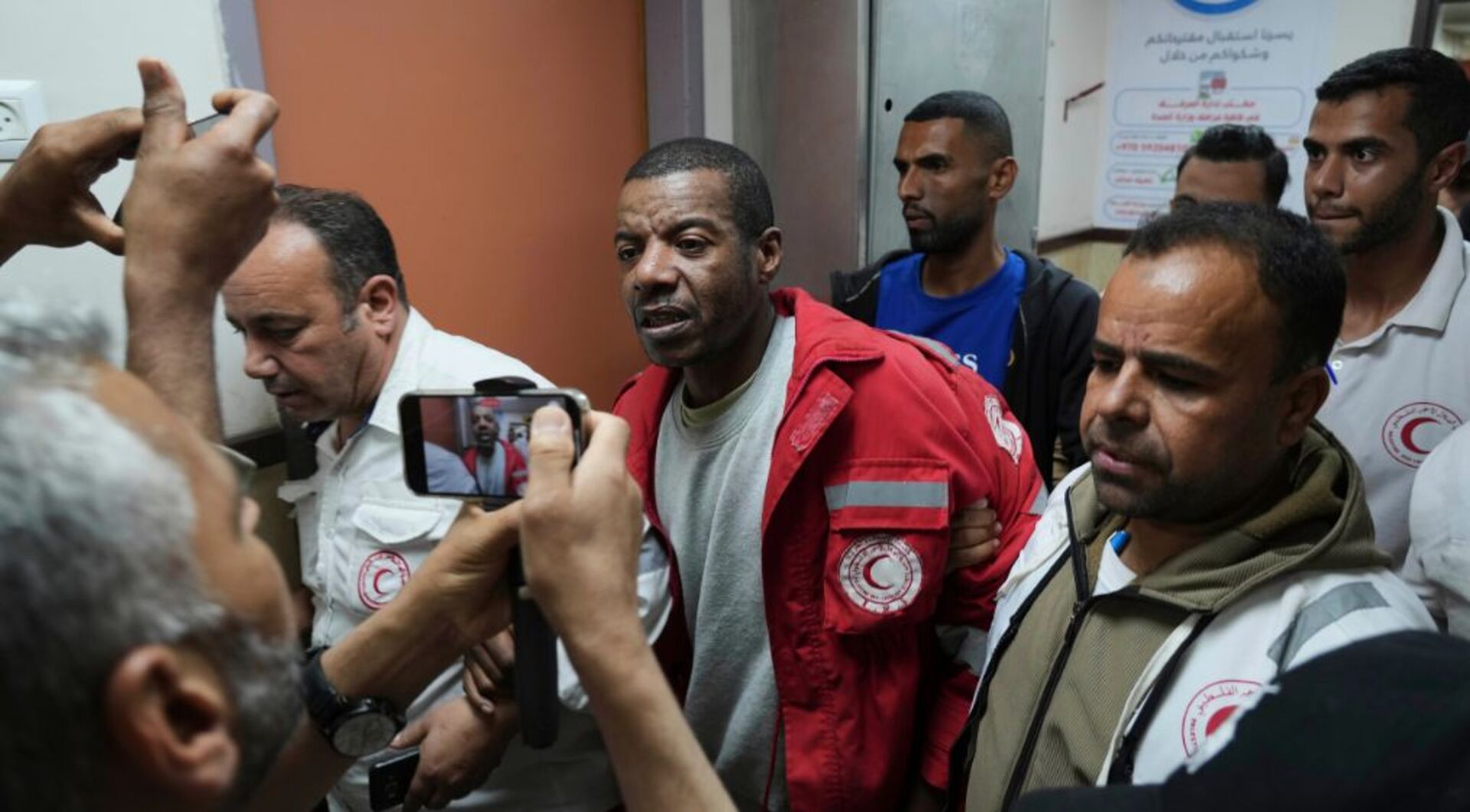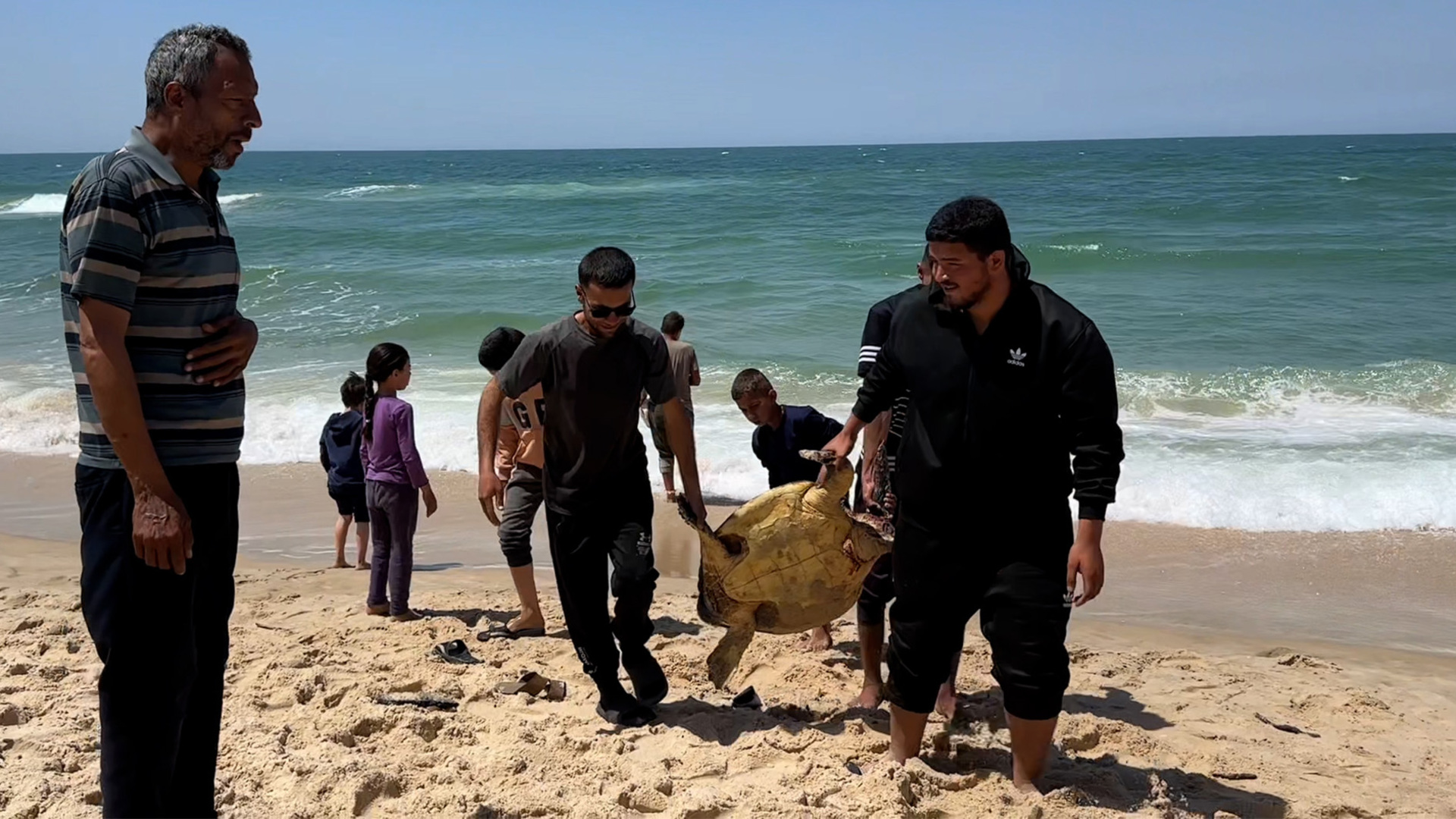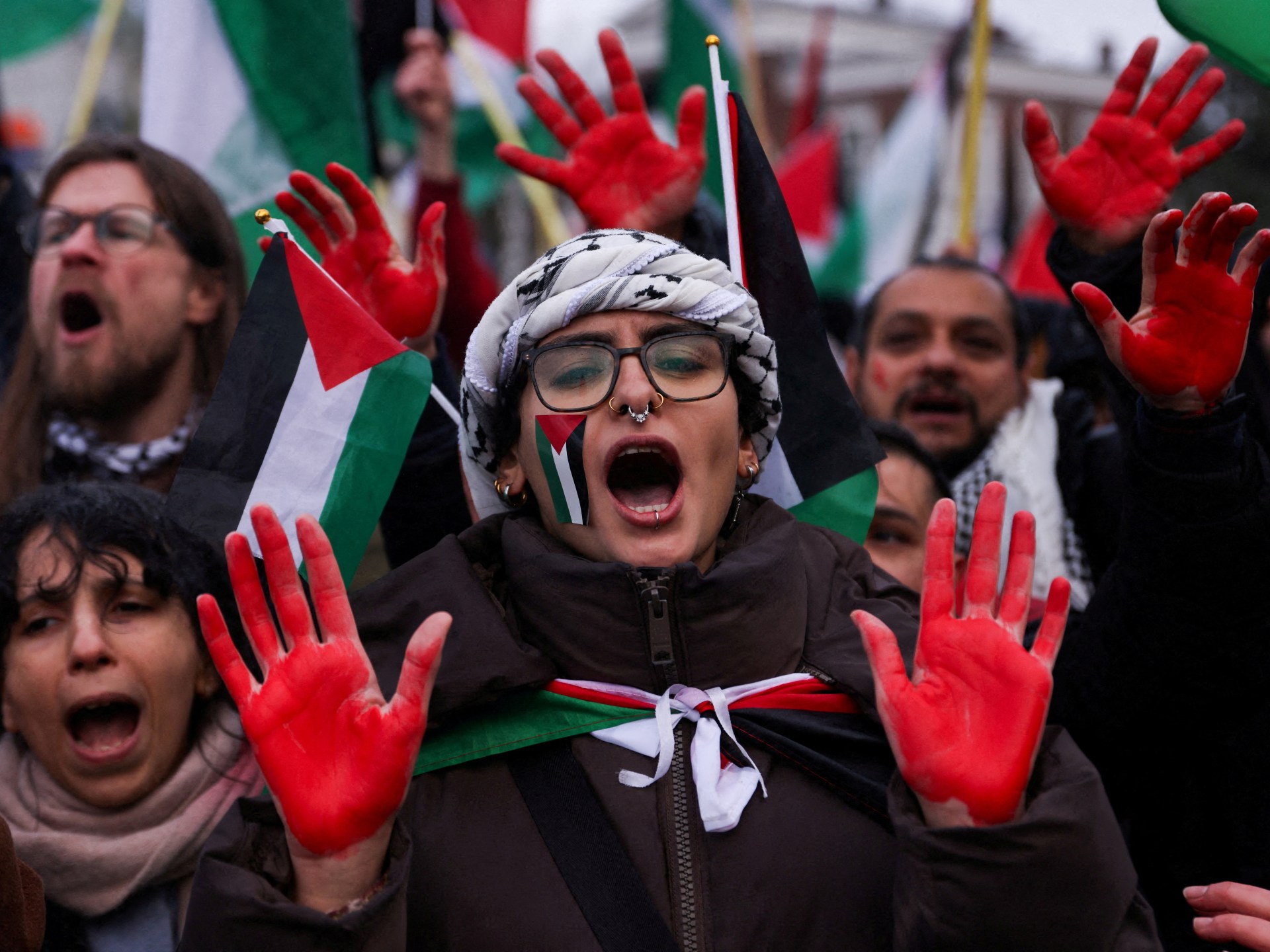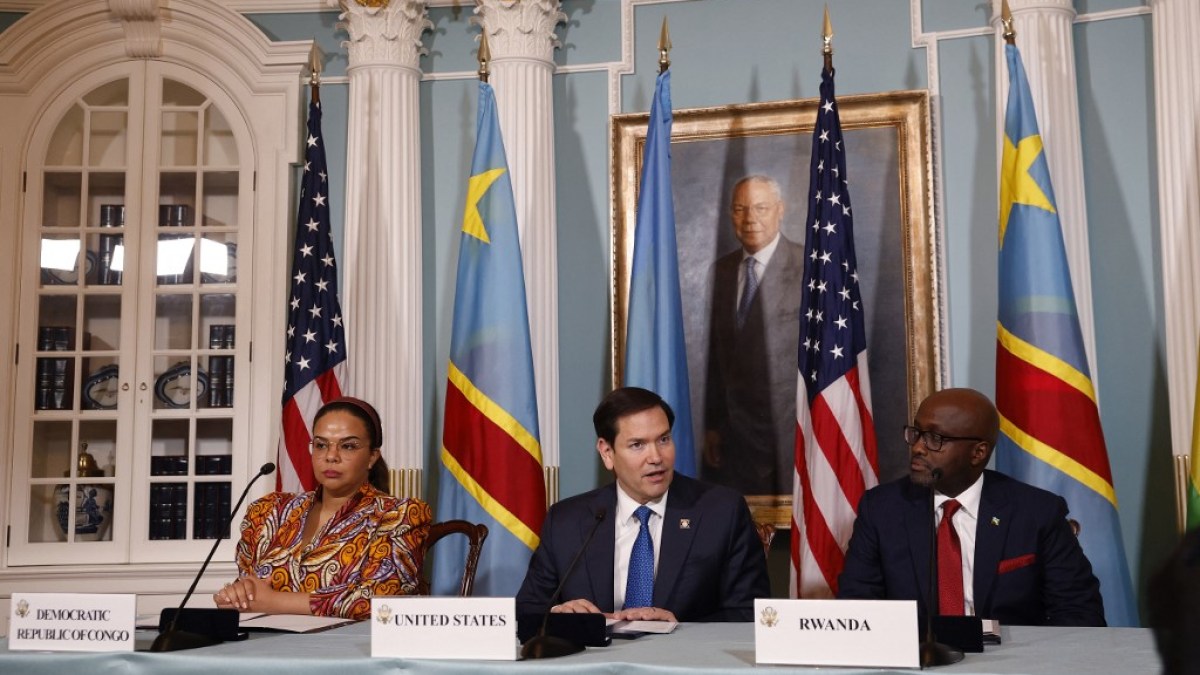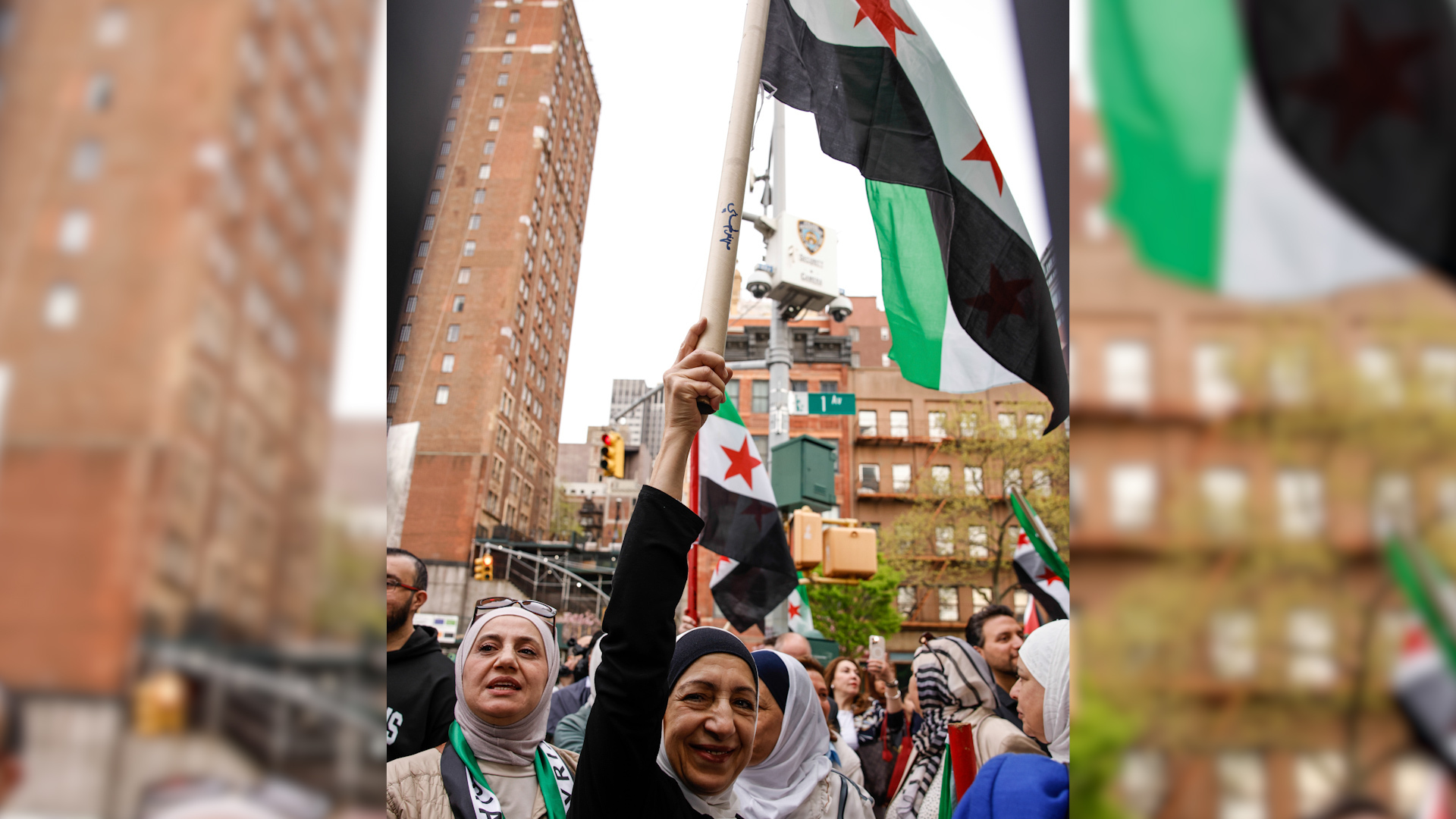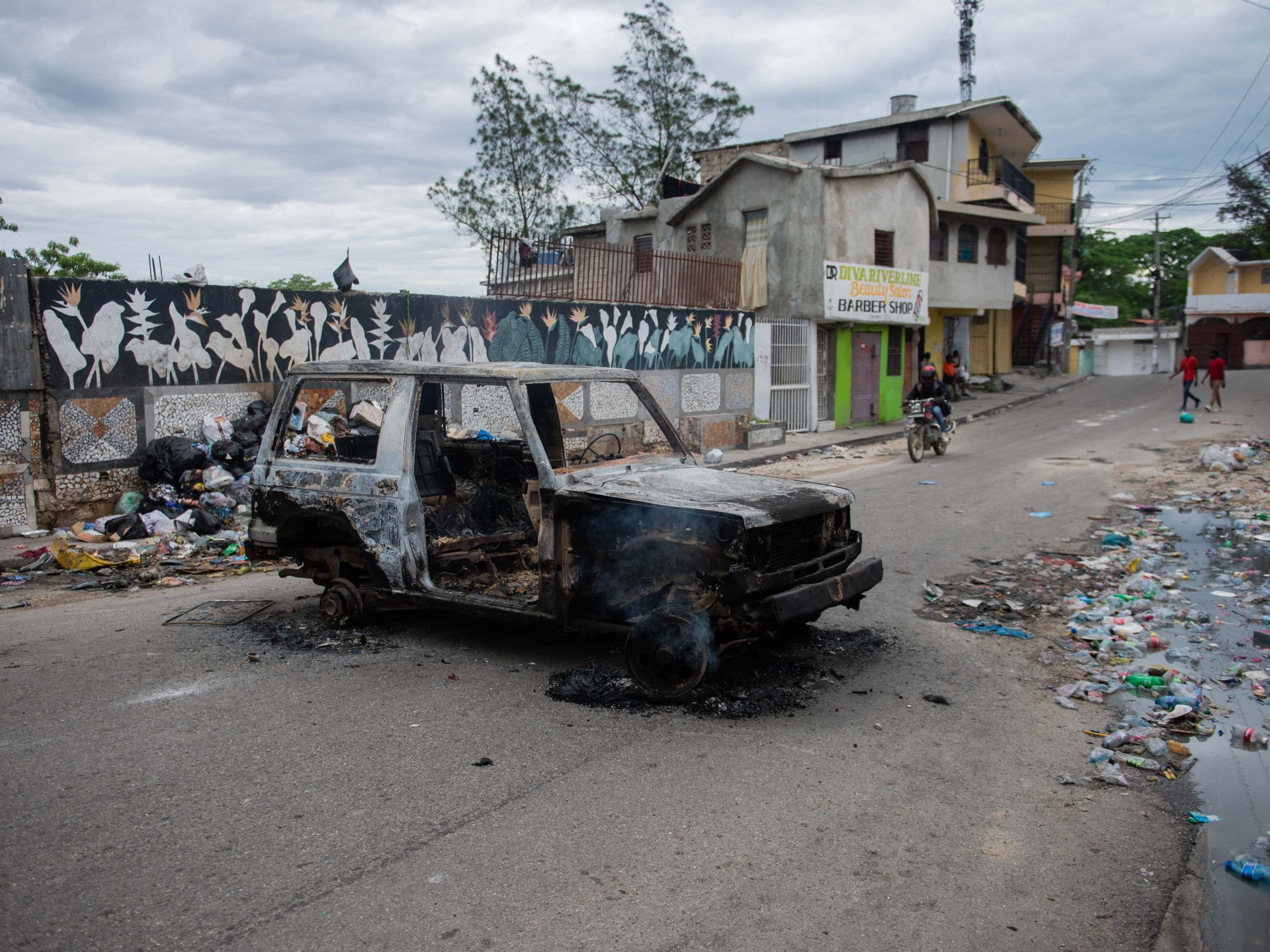Israeli army fire hits UN south Lebanon base for first time since ceasefire | Israel attacks Lebanon News
UNIFIL says incident first of its kind since Israel and Lebanese-armed group Hezbollah agreed to a ceasefire last November.
Direct fire from the Israeli military hit the perimeter of United Nations Interim Force in Lebanon’s (UNIFIL) peacekeeping positions in south Lebanon, the mission said.
In a statement on Wednesday, UNIFIL added that the incident on Tuesday was the first of its kind since Israel and Lebanese-armed group Hezbollah agreed to a ceasefire last November.
UNIFIL said one of its bases in the village of Kfarchouba in southern Lebanon was hit. There was no immediate comment from the Israeli army.
“In recent days, UNIFIL has also observed other aggressive behaviour by the [Israeli military] towards peacekeepers performing operational activities in accordance with Security Council Resolution 1701,” it said in a post on X, referring to a UN resolution originally adopted in 2006 to end hostilities between Israel and Hezbollah.
UNIFIL is concerned by the recent aggressive posture of the Israel Defense Forces (IDF) involving UNIFIL personnel and assets near the Blue Line, including yesterday’s incident in which a direct fire hit the perimeter of a UNIFIL position south of the village of Kfar Shouba.
— UNIFIL (@UNIFIL_) May 14, 2025
Tuesday’s incident occurred near the Blue Line, a UN-mapped demarcation separating Lebanon from Israel and the Israeli-occupied Golan Heights, it added.
Any unauthorised crossing of the Blue Line by land or by air from any side constitutes a violation of Security Council Resolution 1701.
UNIFIL cited other alleged incidents it blamed on the Israeli army, including being targeted by lasers while it was performing a patrol with the Lebanese army in the southern border town of Maroun al-Ras on Tuesday.
“UNIFIL protests all such and we continue to remind all actors of their responsibility to ensure the safety and security of UN personnel and property and to respect the inviolability of UN assets and premises at all times,” it added.
Volatile ceasefire
Separately on Wednesday, Israel’s military said it killed a Hezbollah fighter in a strike on southern Lebanon.
“Earlier today [Wednesday], the [Israeli military] struck in the area of Qaaqaaiyet El Jisr in southern Lebanon, eliminating a Hezbollah terrorist who held the position of the commander of the Qabrikha area within the Hezbollah terrorist organisation,” a military statement said.
The November ceasefire ended a conflict in which Israel attacked Lebanon by air and invaded the country, devastating vast swaths of southern Lebanon. Hezbollah’s longtime leader, Hassan Nasrallah, was killed in an Israeli attack in September.
The ceasefire terms require that neither Hezbollah nor any other armed group have weapons in areas near the border south of the Litani River, which flows into the Mediterranean some 20km (12 miles) north of the Israeli border.
They require Israel to withdraw troops from the south and the Lebanese army to deploy into the border region.
Although the truce officially ended hostilities, sporadic cross-border attacks have continued. Israel has regularly broken the truce and carried out air raids across southern Lebanon, also hitting neighbourhoods in Beirut’s southern suburbs, where Hezbollah retains strong support.
Israel still occupies five strategic hilltops along the border. While rockets have been fired into Israel from Lebanese territory on two separate occasions, Hezbollah has denied involvement.
Hezbollah’s leader, Naim Qassem, has maintained that the group no longer keeps weapons in the border zone, in accordance with the truce.
